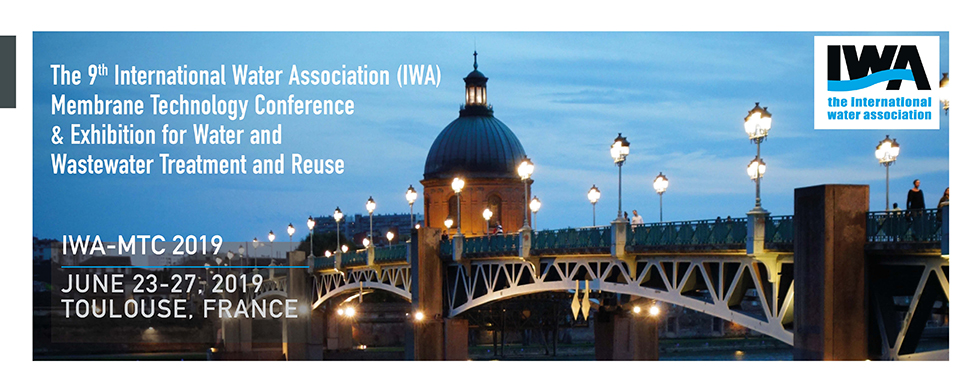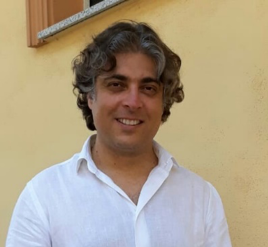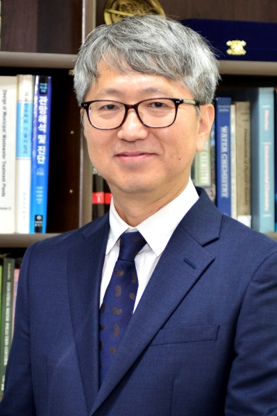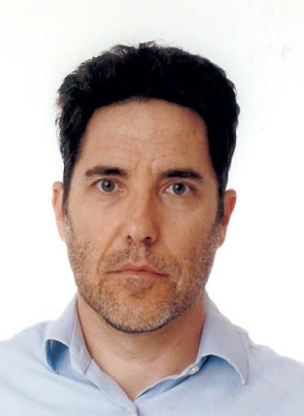
|
|
|
Optional pre-conference workshops
Preconference workshops
= one-day intensive courses
Date: 23 june 2019 (Sunday)
Time: 9:00 h – 17:00 h(before the welcome reception)
Fee: 250 €
Limited number of places (about 50 for each)
---
These workshops are dedicated to postgraduate students, professionals or research groups starting a research or development activity on the topic of a workshop or to any person interested in the topic.
The general purpose of these workshops is to provide attendees, in one day, a large overview on the latest knowledge and membrane technologies relatives to the topic.
These workshops will take the form of presentations given by international academic and industrial experts that have developed a long term activity on the topic.
Courses (or synthetic plenary presentations) will be given to cover different and complementary aspects of the topic : basic principles, state of art, technology and experiences acquired so far. Each workshop will be concluded by a round table with the opportunity for attendees to meet and debate with all experts.
Fees include : participation to the workshop, copy of the presentations, coffee breaks and lunch.
Two scientific workshops are proposed the day before the IWA-MTC2019 Conference.
Workshop A : MEMBRANE DISTILLATION
Who Should Attend
This workshop is specially designed for young professionals and students, but also to anyone wanting to understand the most important features of membrane distillation, to have good basis to start a research activity or to orientate the development of the process.
Why you should attend
To understand the basics of MD, and to have in one day a good overview of MD on its different aspects: basics of heat and mass transfer, interest of the different configurations, membrane manufacturing and characterization, module design, process operation, energy issues and coupling with renewable energy, scale-up and feed back of large plants.
Chair and lecturer: Prof. Corinne CABASSUD
Dr Corinne Cabassud is professor of Chemical Engineering at INSA Toulouse, University of Toulouse, France. She is a fellow of IWA and Member of Management Committee of the IWA Specialist Group on Membrane Technology. 35 years of experience in membrane processes for water and wastewater treatment, desalination processes and routes, fouling understanding and development of in situ tools for investigating membrane processes, development of membrane systems assisted by solar energy for providing drinking water in remote places.. She started research on membrane distillation in the 90’s for the application to the removal of VOCs, was involved in the European Project MEDINA on desalination and is exploring the questions of operation at high concentrations, process optimization and coupling with RO and with solar energy.
Lecturers (confirmed)
|
Dr Efrem CURCIO
|
PhD in Chemical Engineering and Materials (2005) and Associate Professor (since 2014) at University of Calabria. Research Associate at the Institute on Membrane Technology-National Research Council of Italy (ITM-CNR). Co-author of > 100 papers on peer-reviewed international journals, >150 publications on congress proceedings prevalently international, 1 patent. Twenty years of experience in design and development of advanced membrane contactors including Membrane Distillation with applications in desalination and water treatment, Membrane Crystallization for the recovery of sea-salts and the purification of biomolecules, Integrated Membrane Systems for water-energy nexus. Principal Investigator of related EU projects: FP7 ERANETMED-EXTRASEA “Extracting Water, Minerals and Energy from Seawater Desalination Brine”, FP7 ENERGY-REAPOWER “Reverse Electrodialysis Alternative Power Production”, H2020 FET-AMECRYS “Revolutionising Downstream Processing of Monoclonal Antibodies by Continuous Template-Assisted Membrane Crystallization”, H2020 MSCA RISE-REMIND “Renewable Energies for Water Treatment and Reuse in Mining Industries”. Author of the books “Membrane Contactors: Fundamentals, Applications and Potentialities” (Elsevier, 2005) and “Membrane-Assisted Crystallization Technology” (World Scientific, 2015). European Membrane Society Award 2004 for the best published paper in Membrane Science and Engineering. |
|
Dr KIM
|
Dr. Kim is currently a Professor at Civil Engineering Department of Kyungnam University in Republic of Korea. His research interest includes innovative membrane-based seawater desalination technologies such as membrane distillation (MD) and pressure retarded osmosis (PRO). Based on his expertise, he was awarded a mega research project on seawater desalination worth of 23 million USD with a period of 5 years (2013~2018). He successfully led the research team called, GMVP, who worked to develop the scaling-up technologies of MD, PRO and resource recovery of Li and Sr, and various forms of their hybrids with RO. |
|
Dr Guillermo ZARAGOZA
|
Dr Guillermo Zaragoza holds the position of Distinguished Researcher in CIEMAT (Centre for Energy, Environment and Technology Research), working at the Solar Desalination unit of Plataforma Solar de Almería, Spain. He has previously held academic positions at the Spanish Research Council, the University of Oxford and the greenhouse research facility of Cajamar Foundation. He has participated in several European R&D projects related to solar energy and desalination, teaches in a master course on Solar Energy at the University of Almería and in international courses on Solar Desalination organized by the European Desalination Society, of which he is a member of the board of directors. He is coordinating the Renewable Energy Desalination Action Group of the European Innovation Partnership on Water of the European Commission, as well as the Working Group on the same subject in the European Water Platform WssTP. His main research work is focused on the application of solar energy to desalination at pilot scale, in particular working with commercial modules of membrane distillation for decentralized applications. |
Schedule and program
9h00 - 9h15 - Welcome Coffee
9h15 - 9h30 – Introduction
9h30 -10h15 - Basics of heat and mass transfer for MD and MD configurations (Efrem Curcio)
10h15 - 10h30 - Coffee break
10h30 - 11h15 - MD Membranes: characterization, permeability and wettability (Corinne Cabassud)
11h15 – 12h00 – From scaling to membrane crystallization (Efrem Curcio)
12h00-13h30 - Lunch
13h30-14h15 - Module design, commercial Modules, comparison between different configurations (Guillermo Zaragoza)
14h15 - 15h15- Energy in MD and coupling with solar energy (Guillermo Zaragoza)
15h15-15h30 Coffee break
15h30- 16h30 Scale-up and MD plants: applications, state of development, economics and feed back of plants (Seung-Hyun Kim)
16h30-17h00 panel discussion
Workshop B : EMERGING MICROPOLLUANTS
9h30-10h : Welcome- Introduction-coffee
10h-11h : Basics of micropollutants and NF/OI membrane selectivity for micropollutant (Andrea Schaefer KIT)
11h-12h : Micropollutant removal in activated sludge matrice (Dominique Patureau -LBE)
12h-13h30 : lunch
13h30-14h : Impact of micropollutants in MBR fouling (Christelle Guigui- LISBP)
14h-15h : Basics of micropollutant oxidation and combination with membrane Processes (Vanessa Pereira IBET)
15h-16h : Micropollutant and toxicity : basics and membrane processes efficiency (Clémence Coestier-LGC)
16h-17h : Panel discussion




